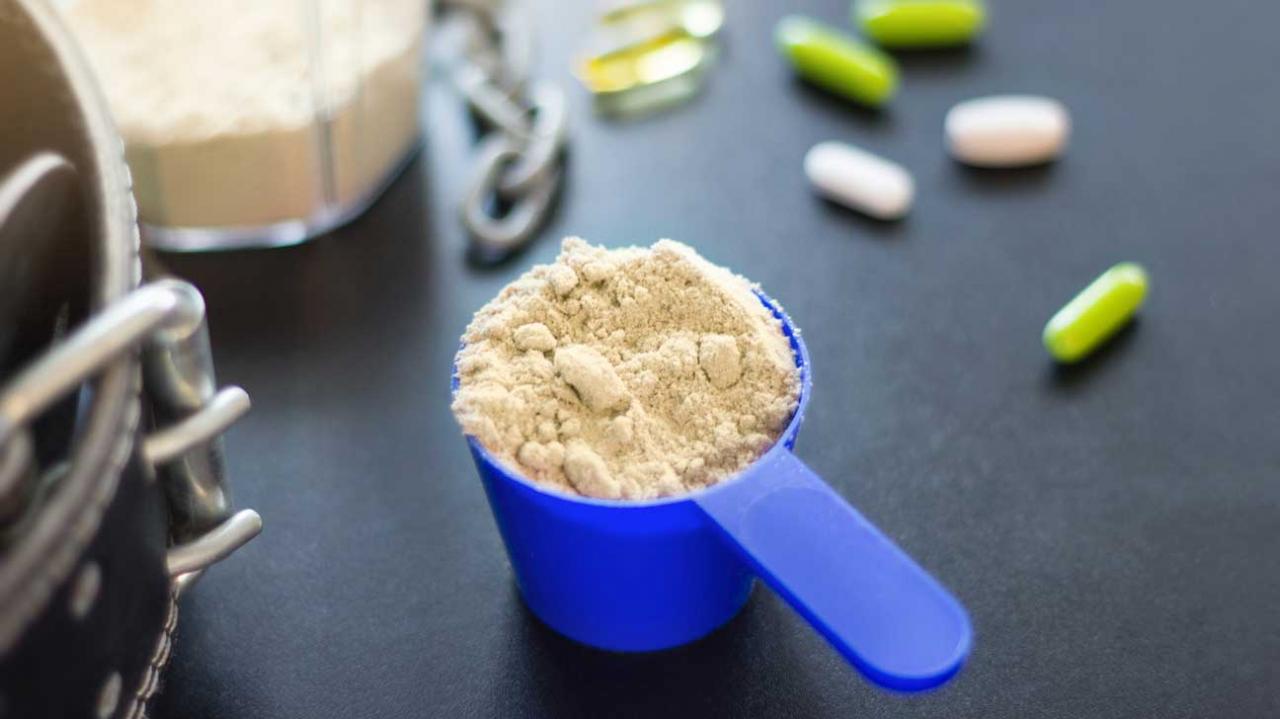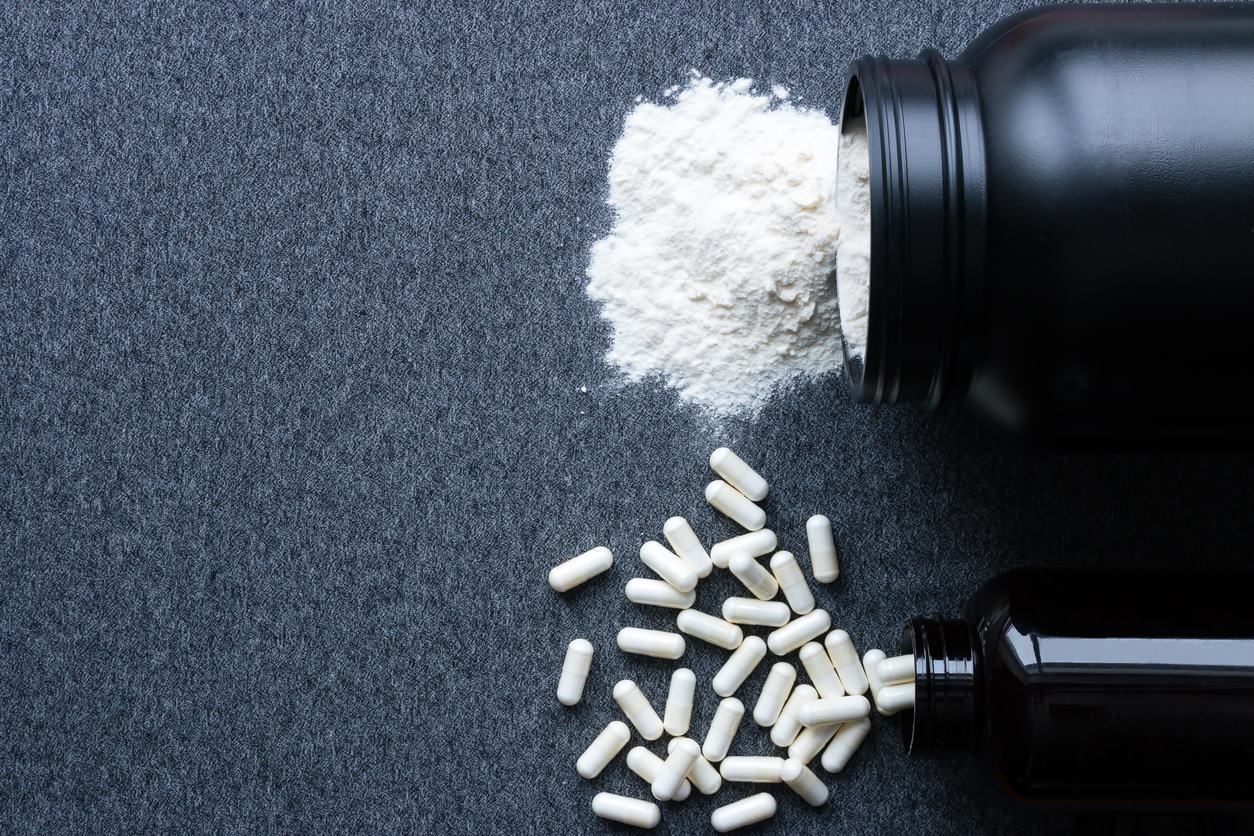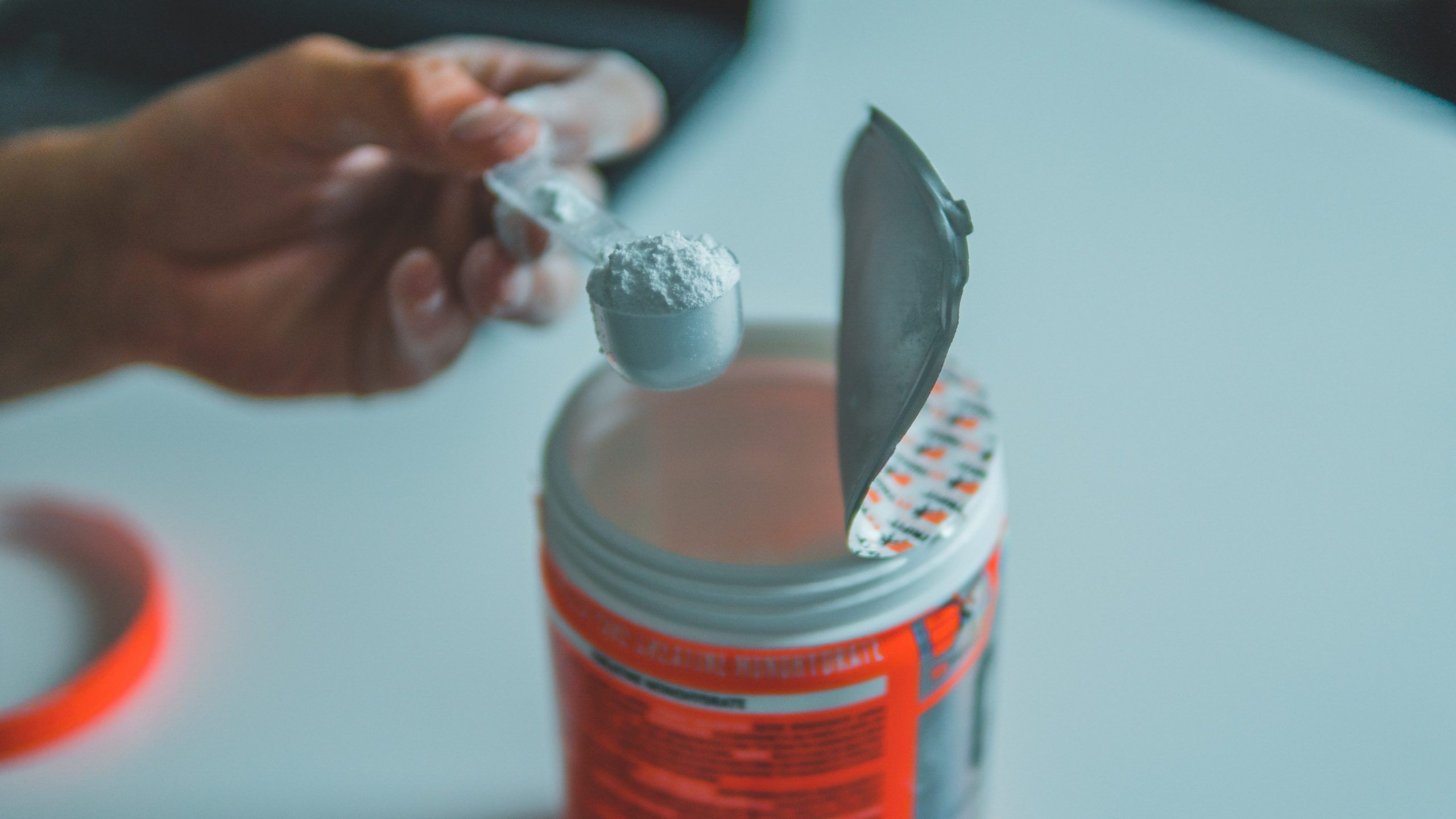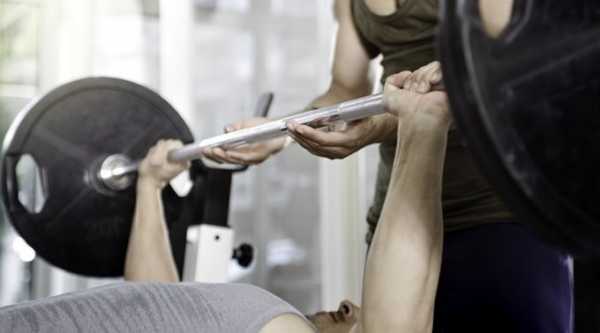Strength gain
In bodybuilding, during high-intensity exercise, the need for ATP in working muscles increases significantly – hundreds of times higher than at rest. Depleted stores of ATP and phosphocreatine must be continually replenished in order for muscle contractions to continue at peak levels of frequency and strength. By increasing phosphocreatine by taking creatine monohydrate, you can increase the amount of ATP and thus increase muscle strength.
Increase in muscle mass
It is not uncommon to add dry body mass from 2 to 5 kg for 1 month of admission, with systematic training and proper nutrition. Recent experiments prove that creatine monohydrate is able to increase the repetition maximum in the bench press by 10 kg after a week of intake, and improve sprint ability. The increase in strength allows you to achieve the maximum growth-stimulating effect on the muscles. However, it should be noted that taking creatine does not always have this effect. It can manifest itself much weaker due to the weak sensitivity of the body to creatine and be expressed only in a slight increase in working capacity without an increase in strength qualities.

Muscle quality
Aussi, la créatine turinabol uk. Le monohydrate de créatine se lie à l’eau lorsqu’elle est absorbée par les cellules musculaires. Plus la créatine est stockée, plus l’eau est aspirée dans la cellule musculaire. Cela explique l’effet hydratant de la créatine sur les cellules musculaires, qui sont composées d’environ 75 % d’eau. Les culturistes remarquent que les muscles bien hydratés semblent plus pleins, plus ronds et plus musclés à l’extérieur.
Scientific research shows that when muscle cells increase in volume due to overhydration, protein synthesis is increased and protein breakdown is minimized (this can also increase glycogen synthesis). This concept was first developed by EAS researchers Anthony Almada and Ed Byrd and is now widely accepted in the sports nutrition industry.
Increased secretion of anabolic hormones
Research shows that creatine can increase the secretion of endogenous anabolic hormones in response to exercise. These hormones are represented by growth hormone and testosterone. Moreover, the level of growth hormone increases only 2 hours after taking creatine. Such a delay may indicate that the release of growth hormone does not depend on creatine itself, but is of an indirect nature and arises as a result of a cellular response.
Also in studies it was determined that the supplement increased the secretion of insulin-like growth factor by 15% compared to the placebo group. The formation of myostatin is significantly suppressed.
According to research by scientists from the University of Stellenbosch, South Africa, creatine increases the level of dihydrotestosterone, an androgenic metabolite of testosterone.
Lactic acid buffer
There is evidence that creatine also works as a lactic acid buffer. During intense work in anaerobic mode, the muscles secrete lactic acid, this substance is partly responsible for the burning sensation that occurs when the muscle is working to failure. In recent studies led by Dr. Michael Prevost of Louisiana State University, the results (confirming the results of previous research conducted by Dr. Hultman’s group in Sweden) show that creatine can inhibit lactic acid secretion and action and improve recovery time after short-term intense exercise (for example, strength training).
Other beneficial effects of creatine
Having examined in detail the main effects of creatine that are important in bodybuilding, I would also like to give a list of additional positive effects and benefits:

- supplementation with creatine has a positive effect on reducing total plasma cholesterol, triglycerides and very low-density lipoproteins (protection of the cardiovascular system);
- creatine can have anti-inflammatory effects in acute inflammation, local irritation, and chronic conditions of inflammation (eg, arthritis);
- the creatine/phosphocreatine system has a protective effect on the central nervous system during ischemia and in hypoxic conditions (with a lack of oxygen);
- creatine supplementation is used to treat diseases that cause muscle wasting, creatine depletion, and neuromuscular disorders;
- Creatine is being investigated for potential beneficial properties in inhibiting the growth of certain types of tumors in mammals. Some studies suggest that creatine may have some anti-cancer activity;
- supplementation with creatine has a positive effect on the athletic performance of vegetarians;
- in chronic heart failure, cardiac creatine levels decrease; Supplementation with creatine in such symptomatic patients increases the amount of energy-rich phosphocreatine in skeletal muscle and therefore performance in terms of strength and endurance. In fifty patients who underwent heart valve replacement surgery, creatine supplementation reduced arrhythmias by 75%.




